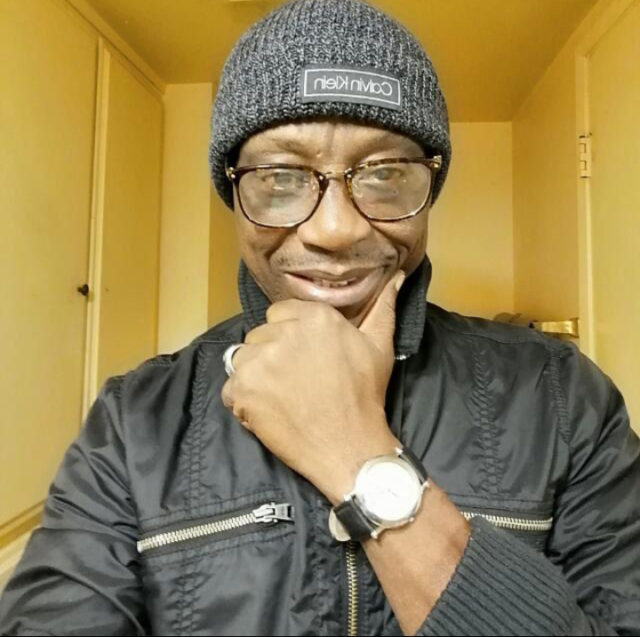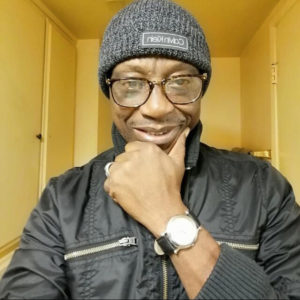For over two decades, I have watched with justifiable disdain- the political situation in our native Nigeria. Beginning with the new democratic dispensation that started in 1999 and the events preceding to the new era which was borne out of a selfless and humble struggle by well-meaning Nigerians across all tribal divides.
It was a unified call by all Nigerians for a real change against the monstrous tyranny and the dictatorship of General Sanni Abacha. I had just returned back from the United States after a protracted absence – it was indeed a new dawn and apparent divine intervention.
The urge for a democratic government was based on the belief that it will pave a way for economic, political, and social change which will foster development in our developing country. But that will be very far from the truth of what is transpiring in our polity today from all reasonable assessment.
It will also be an error of judgment for me to single out any one of our previous leaders other than the one already mentioned, for the failed system that we have been construed to live in today. I however have a strong belief and conviction that the civilian government that we have inherited for two decades, has not augured well for the average Nigerian who represents the core segment of the population.
The glimmer of hope that the citizens harbored for salvation from a democratic government has been dashed by a successive bunch of greedy charlatans, whose primary interests are short of realistic ideas for development and welfare for the people that they represent.
The present situation that we find ourselves in Nigeria today has raised a consistent question; about whether our political leaders have the fortitude to look beyond their own shortsighted self-interest and begin to address real economic and social problems that have captivated our country for six decades despite our vast resources.
The problems are so self-evident that we should begin by addressing those that threaten our core values; political pluralism, broad-based economic opportunities as opposed to one monopolized by oligarchs, cultural and religious tolerance as well security secured by means other than a gun.
For Nigeria, which ranked 146th in the 180 countries in Transparency International’s Corruption Index in 2019, to assume here deserved place in the community of nations, there is need for a realistic national dialogue, which should center around value and proportion, greed and appropriate reward as well as the role of government in the marketplace.
It is very unfortunate that a high proportion of leaders in all segments of our society -are rewarded for a single-minded pursuit of their self interests-which is money-driven, against the needs of the poor masses. The reward for holding political offices in Nigeria has become so attractive against the quest to work in the private sector. This has created a minefield of apparent greed, lust, and struggle for power. It has become a personal quest for financial gains and not one for the delivery of good governance.
One could argue that our problem is endemic with most oil-led economies, who suffer the resource curse known as the “Paradox of plenty” where development remains elusive despite vast mineral resources. It is equally wrong for us to derail the fact and say that our problems are fresh challenges of evolving democracy in a diverse political landscape. Our problem lies in the control and management of our vast resources devoid of greed and corruption.
The global political movements being propelled around the world by young adults, is reaching our corridor, technology has made the dissemination of news easier and there are powerful winds of division sweeping across the Subsaharan Africa. (Nigeria inclusive). These winds are disruptive and unsettling as they stir fears and anxieties, real and imagined.
When regional governments begin to set up their own security outfits, it shows a lack of trust in the centrally managed Nigerian Armed forces, very soon it will disintegrate to clans and families controlling their barrels of guns-which will spell into anarchy.
There is a new breed of leaders who are mundanely emanating from various regions of our country, who are politically changing the landscape. These young generations of activists are decoding the codified tribalism which runs in the veins of most Nigerians; through interfaith and inter-tribal marriages. There is a clear value of common cause supported by uncommon valor against the common enemy of -bad governance. These rising crops are showing the will to restore a sense of national purpose that unites us, rather than divide us.
The burden of navigating a pluralistic society like Nigeria, especially when our leaders have veered off their so-called and attractive party ideology is an enormous task that could derail well-meaning prospective leaders to the back burner.
Irrespective of these travails, we must remain optimistic and unified in our struggle for better delivery of democratic dividends. The voice for change that is transforming from aging activists such as our revered Wole Soyinka, should continue to agitate for fairness.
More so, the Nigerian communities in the diaspora must continue to work with their constituents back home to forge a realistic road map for delivery of good governance. The importance of our diaspora communities can not be overemphasized, because our remittances from the diaspora is a key economic injector and stabilizer for our native economy. Having said that ” if our money is good, our voices should be heard.
Ike Agbatekwe
Editor @ Large
Life and Times News
Los Angeles, California








